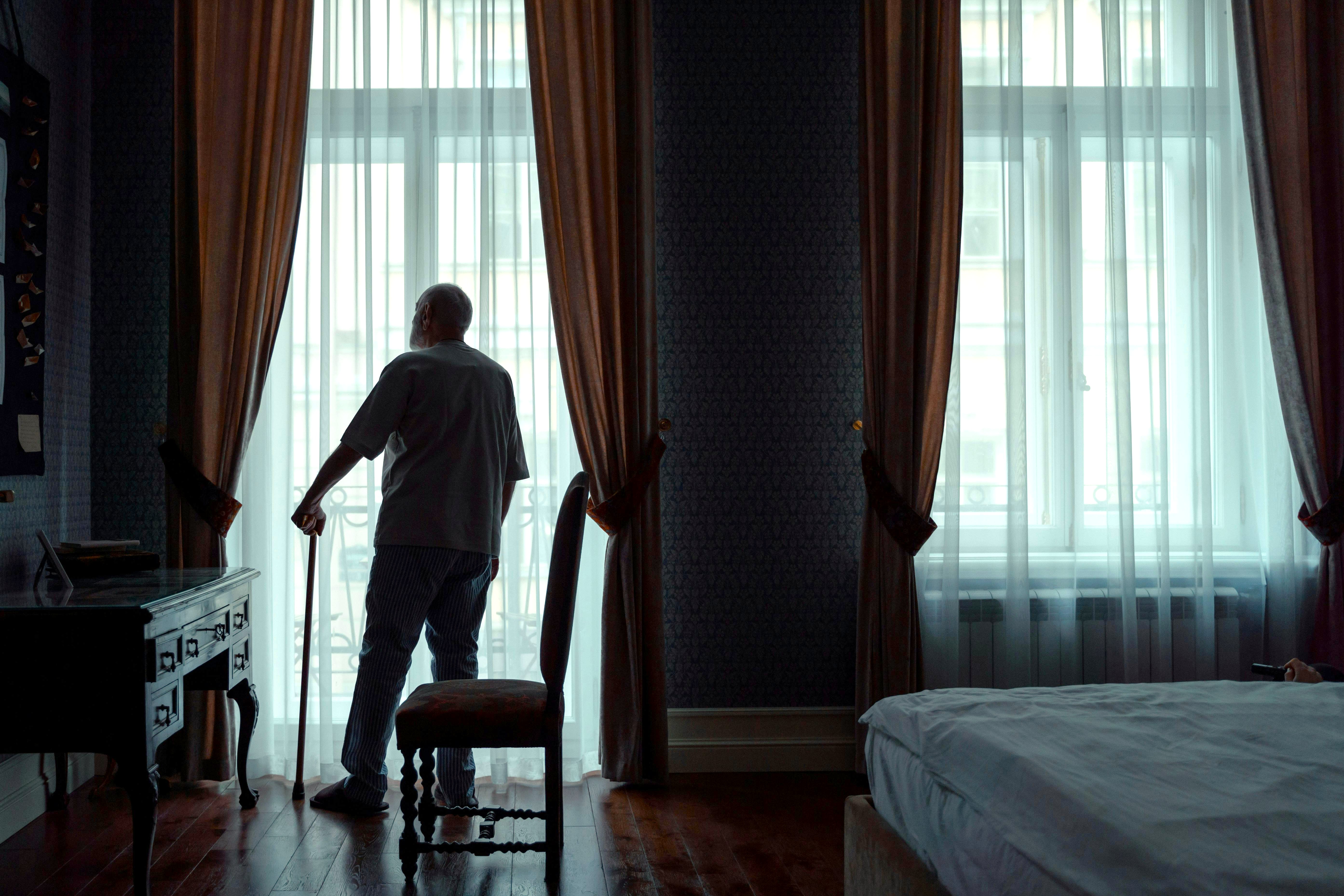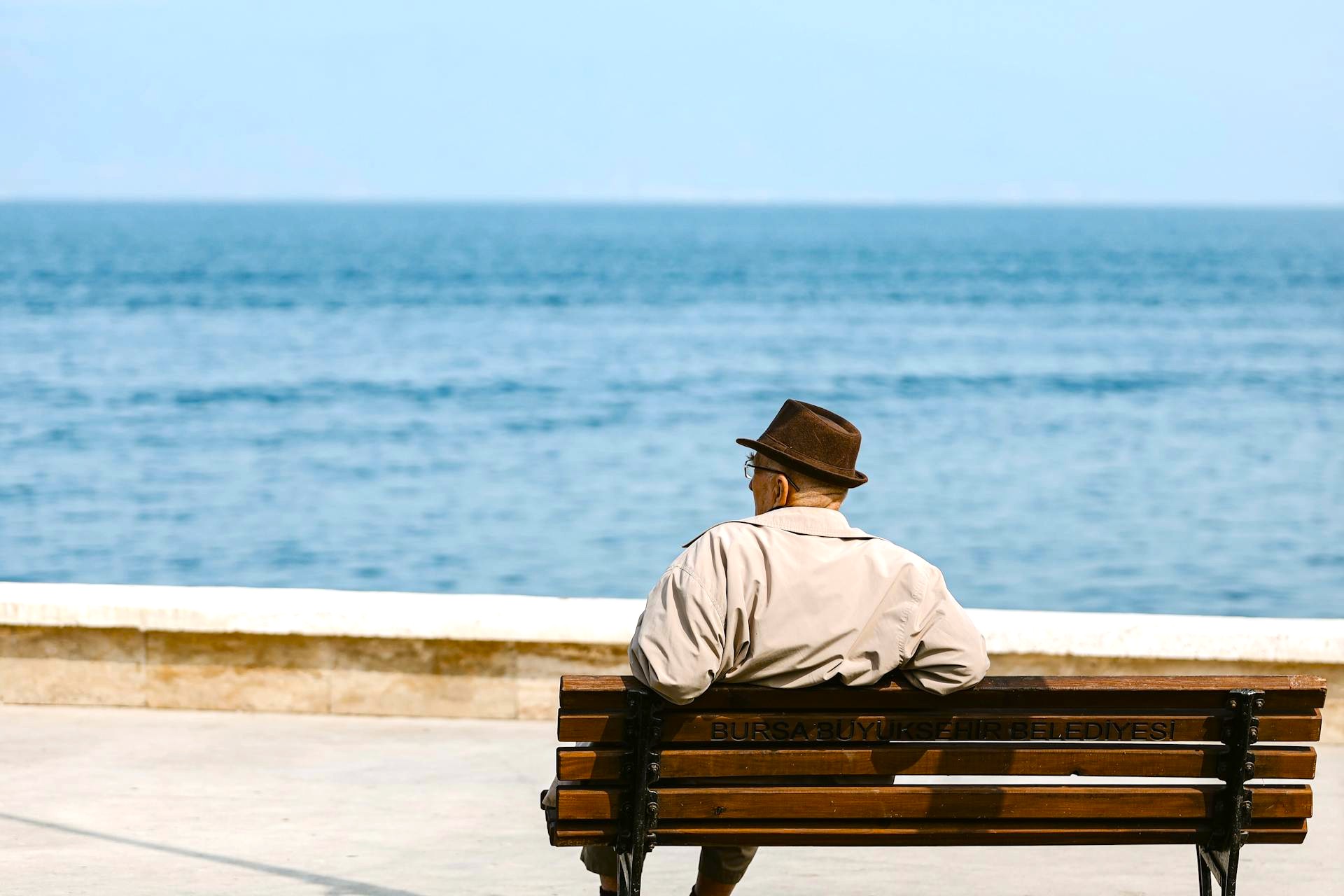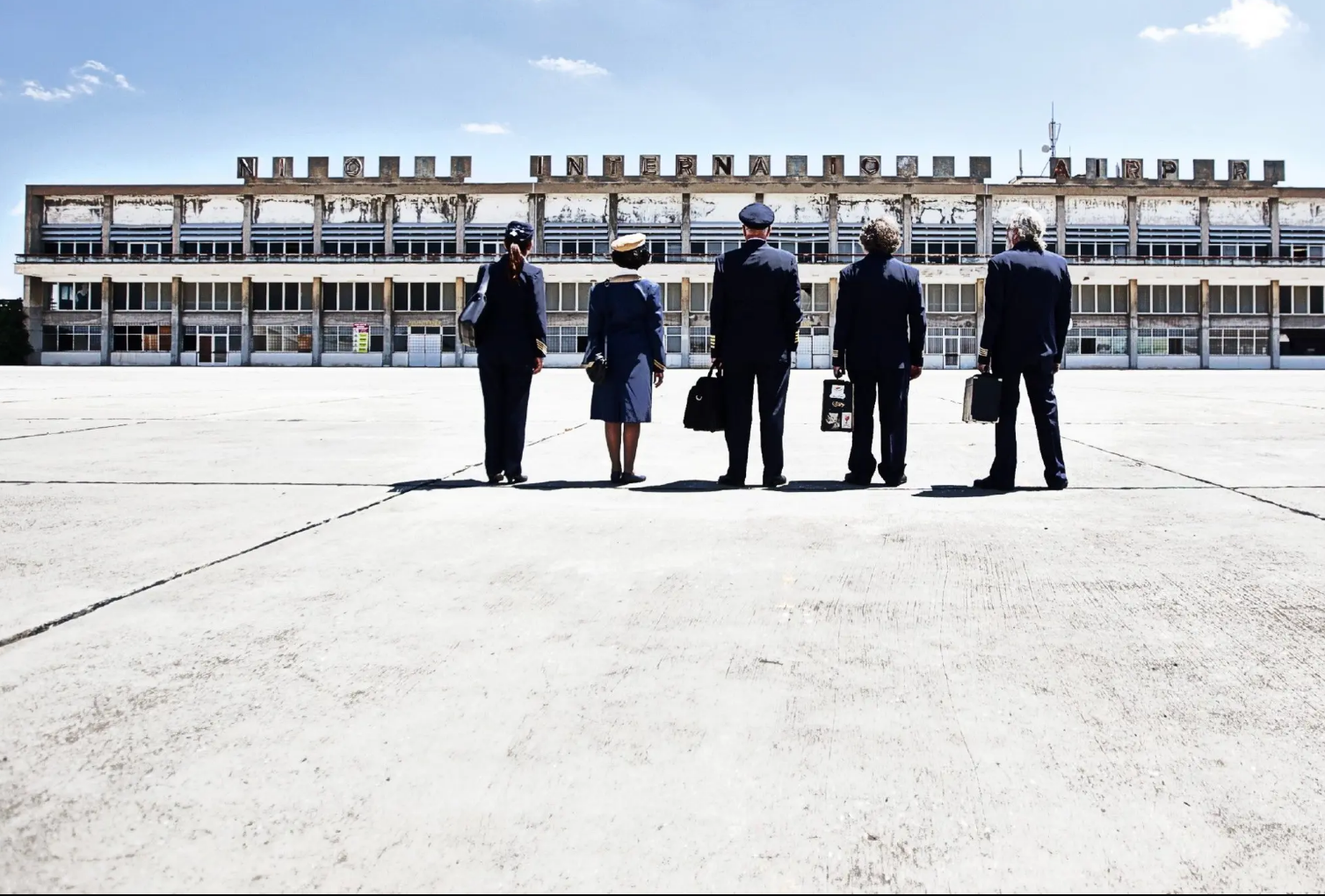Everything we know about Cyprus paints a picture of warmth and connection.
This is an island lauded for its welcome. A nation of family, community and neighbours who know not only our names, but those of our parents and grandparents. And we’re known worldwide as ‘The Island of Love’ – a title that practically yells ‘togetherness’ from the top of Aphrodite’s Rock!
So why on earth are we the loneliest country in the world?
According to a recent study published in the Journal of Ageing and Mental Health, Cyprus ranks as the planet’s loneliest country – for those aged 50 to 90, anyway.
Read that again, please – don’t panic the kids into even more after-school activities; our youngsters are fine! It’s you, your parents or your grandparents (depending on your age) that you should be worrying about. Because while recent surveys do suggest that everyone on the island is experiencing a decrease in social support and relationship satisfaction (both key factors in loneliness), this data is only for anyone who’s lived half a century or more!
Apparently, Cyprus’ 50+ demographic scored 1.7 on the loneliness scale (the highest of any nation in the study except for Greece – which also scored a 1.7). Now, as a figure, that means nothing much. Until you begin to compare other countries’ scores…
Western Europe (including France, Germany, Belgium) clusters comfortably below the 1.0 mark. Eastern European nations (such as Latvia, Bulgaria, Romania, the Czech Republic) sit a little higher, around 1.1 or 1.2. The US and Israel both score 1.4 – a reminder that loneliness isn’t just about location. And closer to us come Italy and Slovakia, with 1.3 and 1.5 respectively.
But then, right there at the top, there’s Greece and Cyprus. Why?
The study doesn’t say. It does note that, in Cyprus particularly, we have a very high life expectancy: more of us are living longer; and living longer alone. And we’re doing so on an island where support systems are changing…
Northern Europe enjoys strong welfare systems, accessible public services and organised senior activities. But in the south, family (rather than government) has always been the cornerstone of support for the ageing.
Now, however, kin no longer live under one roof – or even in the same country. Our communities are less rooted. Village life (once the heart of connection) is thinning out. And we lack strong state systems to fill the gaps.

So loneliness creeps in not all at once, but slowly, in the spaces where connection used to be.
“60, 70 years ago,” says political and social analyst Costa Constanti, “the men played pilotta at the kafeneion, the women gathered at ovens or wells. And our elderly weren’t foisted onto a Filipina carer; they were an integral part of family life.”
Today, that’s all changed. And so has the resultant support.
“In the past,” Costa notes, “family was structured around the wider community, not just the couple. We shared our woes with our ever-present aunties, grans, neighbours. Or we hung out with friends after work, bonding over sport and politics.
“But as our extended families fade, the two parents are left relying on each other; forced to build an emotional connection they once got elsewhere. That’s a steep learning curve. And it can make marriages very lonely.”
Cyprus’ rising divorce rate – up from just 0.3 divorces per 1,000 people in the late 1970s, to 1.60 in 2022, and then 2.23 in 2023 (significantly higher than the EU average of 2.0) – supports Costa’s point.
“You get used to living next to someone, not with them,” says 52-year-old Andreas Kyprianou, who divorced last year. “You think you’re fine because life is busy. But you’re never really talking, communicating. I was lonely for years long before I was alone.”
When you’re young, friendships form easily; work, kids, and the daily routine fills our lives.
But as we grow older, the scaffolding of busyness falls away. Children leave home. Friends move or drift or pass. Work connections disappear with retirement. And maybe we discover that the loneliness was there all along; we just couldn’t hear it over the noise.
“I thought retirement would be like a holiday,” says 68-year-old Maria Spyrou. “But it’s actually quite lonely. Former colleagues are caught up in their work. Your kids have new lives abroad. You don’t have the energy or strength to do the things you want to.
“I think it’s actually worse for my husband,” she adds. “Women are naturally social; I’ve joined a book club and a water aerobics class. But my husband’s never had hobbies outside of work; he’s lost his place in the world – and I think it’s affecting his health.”

Loneliness as we age can actually be a bigger predictor of health issues than obesity or smoking. And, according to the study, it’s now being recognised as a major public health issue: linked to higher rates of depression, dementia, coronary heart disease and early death.
“Loneliness doesn’t just mean being alone,” says Dr Marios Kyriazis, Scientific Director of the National Gerontology Centre. “It means lacking the connection of meaningful social contact. Without this, we see not only psychological decline, but physical problems too.”
As a biomedical gerontologist, anti-ageing physician and longevity theorist, Dr Marios has been instrumental in raising awareness around the challenges facing Cyprus’ ageing population – including the loneliness that comes not just from isolation, but from feeling unseen.
“Working with the ministry of health, we’ve submitted national strategies, held conferences, proposed dozens of solutions,” he explains. “But almost nothing has been implemented.
“What we need is action,” he concludes. “Real action – like creating proper geriatric departments in hospitals. Because that demands trained doctors, nurses, carers. And training leads to awareness, better care, stronger communities, and ultimately, a shift in mentality.”
And for a country that’s built its reputation on love, welcome and community, that’s a stark reminder: the way we treat our elders is the future we build for ourselves. And right now, we’re building a future of loneliness.







Click here to change your cookie preferences